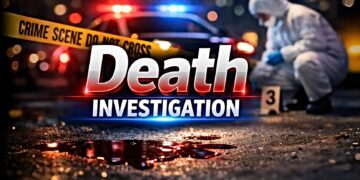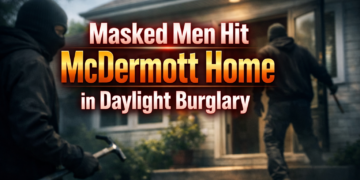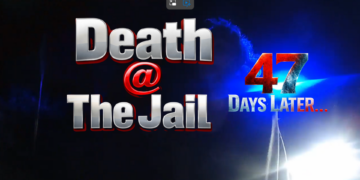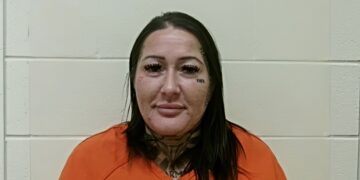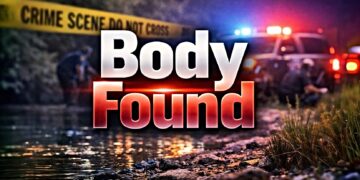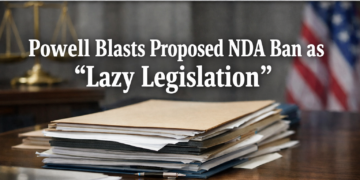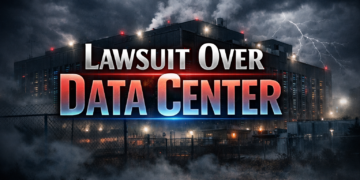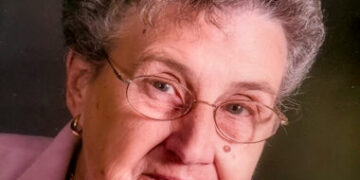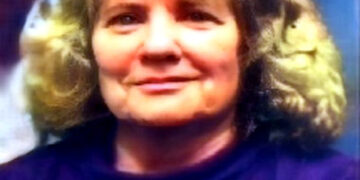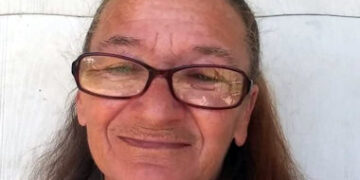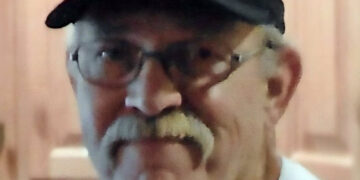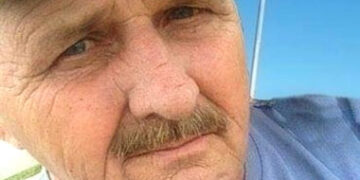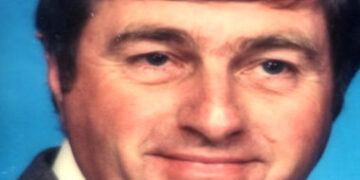COVID-19 Update for March 24. Governor DeWine talks about the number of cases, the effect on the economy, and why liquor stores are essential. Here are 11 important takeaways from today’s press conference.
COVID-19 by the Numbers
Ohio has 564 confirmed cases of COVID-19 in 49 counties. The closest case to Scioto County is Gallia County. There have been 9 confirmed deaths, though more are suspected. According to Ohio Department of Health Director, Dr. Amy Acton, Southeastern Ohio is especially lagging behind in testing.
Nursing Homes Hit Hard by COVID-19
Nursing homes have been hit especially hard. Overall, there have been 145 hospitalizations with 62 in the ICU. Twenty-five of those hospitalizations are from nursing homes. Of the 564 confirmed cases, 91 are healthcare workers.
PPE in Short Supply
Personal protective gear for healthcare workers and first responders is still in short supply for the COVID-19 crisis. PPE includes gloves, masks, gowns, face shields, goggles. Over a 24-hour period, 36 pairs of gloves are used by a single patient in intensive care. Postponing non-emergency surgery, dental visits, and vet visits has helped the supply. The state is also working with businesses that are both donating supplies and working on manufacturing supplies. Dr. Acton said new methods of sterilizing and reusing PPE are also being explored.
STAY HOME
The Governor introduced a video with well-known Ohioans encouraging Ohioans to stay home during the COVID-19 crisis. DeWine said, “Flatten the curve. Do the things we have to do so our healthcare system is not overwhelmed.”
Dr. Acton agreed, “When we look back at what you as citizens have done, it’s going to make all of the difference for us.”
Saving the Economy Post COVID-19
DeWine said he is frustrated by the effect the COVID-19 shutdown is having on the economy and that he hopes we can all get back to business as soon as possible. “The truth is that protecting people and protecting the economy are not mutually exclusive. In fact, one depends upon the other. We save our economy by first saving lives.”
Call First if You Have COVID-19 Symptoms
If you have mild symptoms, don’t go to the doctor’s office, urgent care, ER, or pharmacist. Call first and seek advice over the phone or through telehealth. If your symptoms are severe and you need to go to the ER, call ahead and make sure they know that you are coming.
Read the Rules
If you’re confused about whether or not your business is essential, Governor Jon Husted advised employers and employees to visit cornoavirus.ohio.gov and read the order. Husted said, “It’s written in plain language.” He advised employers to use their good judgment but that they should also be prepared to explain themselves to the local health department. He said those trying to skirt the rules, “Someone will call you on it.”
The Lt. Governor also told people not to call law enforcement or the local health department to report businesses that are not complying. He also advised local health departments not to make any new rules during the COVID-19 crisis.
Banks are Open
Banks are open for business during the COVID-19 crisis, even if their lobbies are closed. ATMs, drive-ups, and online services are available. Commercial lenders are also encouraging businesses in need to contact them.
Unemployment Data Coming Thursday
Ohio hasn’t released daily unemployment data at the request of the federal government. They will begin releasing the data weekly starting on Thursday. Lt. Governor Husted said that Ohio’s unemployment website should be up and running.
Hotels and Dorms May Become Hospitals
Dr. Acton said that hotels and dorms may be turned into hospital rooms for the non-critically ill. She said the goal is to turn all available rooms in traditional hospitals into potential ICU beds. Right now, thanks to the postponing of non-emergency procedures, Ohio has potentially 15,000 hospital beds and 3,600 ICU beds.
Liquor Stores Essential
When asked why the state considered liquor stores to be essential businesses, the Governor said that while bars are closed, liquor stores are to-go business and fall in line with take-out being allowed from food and beverage retailers.

